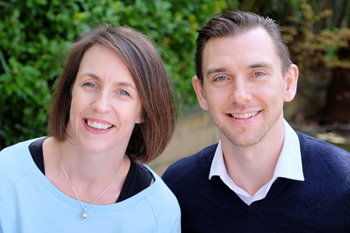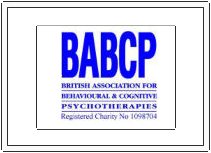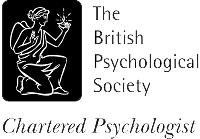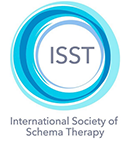Module 1: Schema Therapy Foundations:
Theory and Core Skills (intensive)
10-12th May, 2024 (online)
Dr Helen Startup & Janis Briedis, Consultant Psychologists
Module 1 overview
This 3-day workshop covers core schema therapy assessment and treatment skills and includes: schema therapy assessment, conceptualization, transdiagnostic treatment approach for complex and enduring mental health difficulties and personality disorders, including borderline personality disorder (BPD).
Topics covered in Module 1:
- Assessment of schemas and modes, use of psychometrics and imagery in assessment.
- Case formulation: identification of schemas and modes, the process of mode mapping, and developing treatment goals. The main emphasis of Module 1 will be on conceptualising transdiagnostically with a particular focus on borderline personality disorder (BPD) to convey a theoretical grounding in the schema therapy model.
- Therapeutic relationship: limited reparenting, empathic confrontation, setting of boundaries and awareness of therapist’s own schemas and modes. Module 1 incorporates a significant self–reflection component. At the outset, trainees will be asked to complete a schema questionnaire. The training will explore the interplay between clients’ and therapists’ schemas and modes, and the potential for schema chemistry in the therapeutic relationship.
- Imagery techniques including working with childhood memories and linking these to current emotional states or mode activation in imagery; incorporation of therapist nurturance in imagery; working with the vulnerable or angry child modes, strengthening the healthy adult mode.
- Chair work and role-play techniques: Use of chair work and role play to identify schemas/modes, to enhance meta-awareness of schema/mode relationships and to promote schema/mode change. These include limit setting in relation to the angry child mode and confronting punitive/demanding modes, bypassing detached protector and other coping modes.
- Cognitive techniques: identification and integration of relevant cognitive techniques into schema work, e.g. schema/mode diaries, pros and cons of schemas, schema dialogue, flashcards etc.
- Body-focussed techniques to complement the standard experiential techniques – somatic resourcing, enhancing imagery and chair work using body-focussed strategies.
- Behavioural pattern breaking: use of behavioural changes following on from schema and mode work.
- Homework assignments: setting relevant homework directly related to the session content.
Training costs and to book
A stand-alone 3-day module costs £550.
Payment may be made by card or bank transfer. Please email us if your employer requires an invoice and/or if you wish to pay by bank transfer.
For further details on accreditation training costs please click here.





